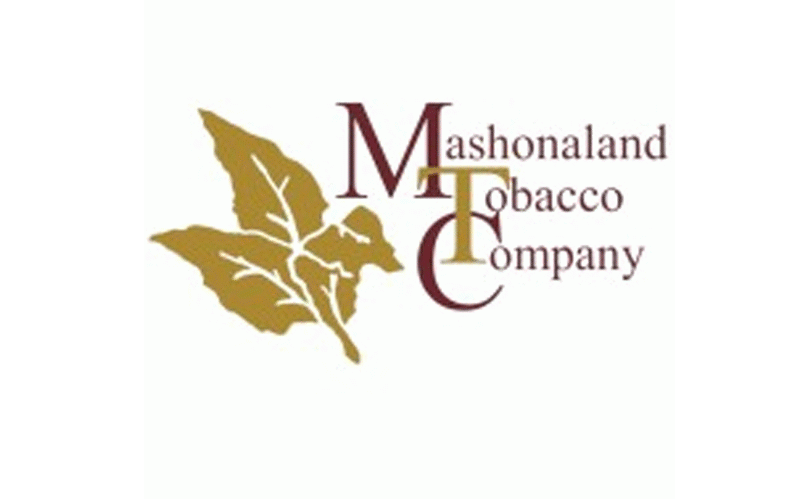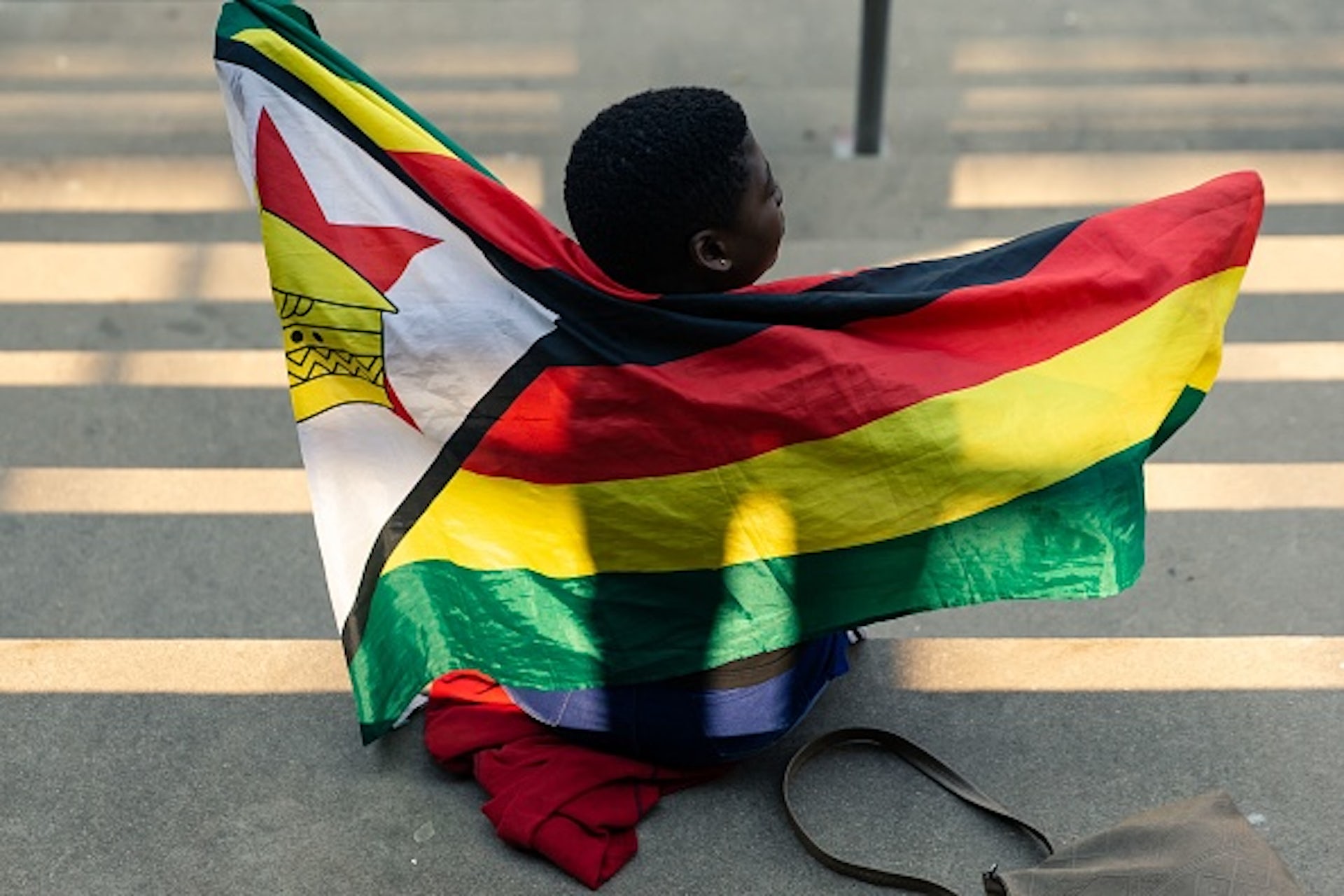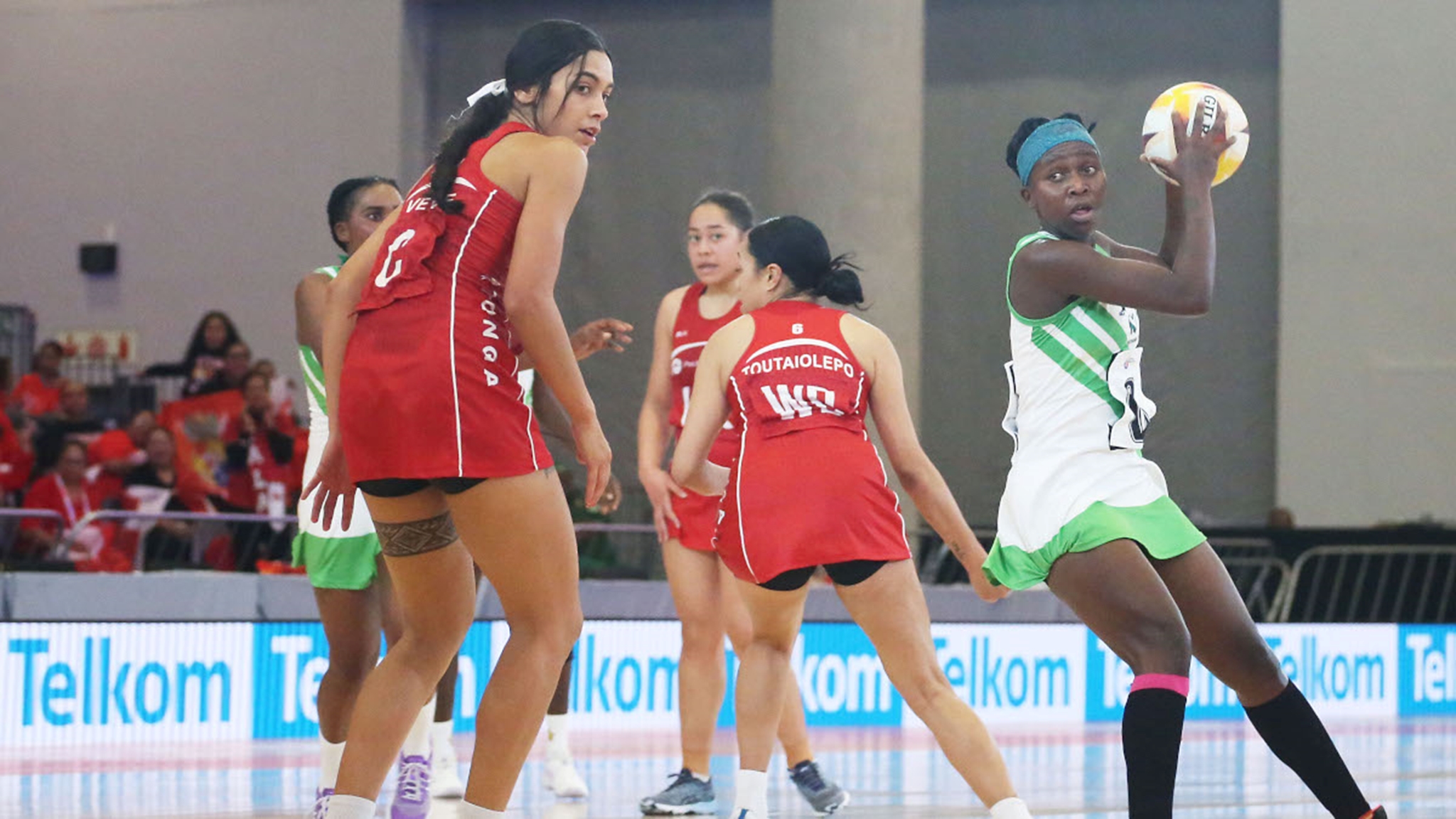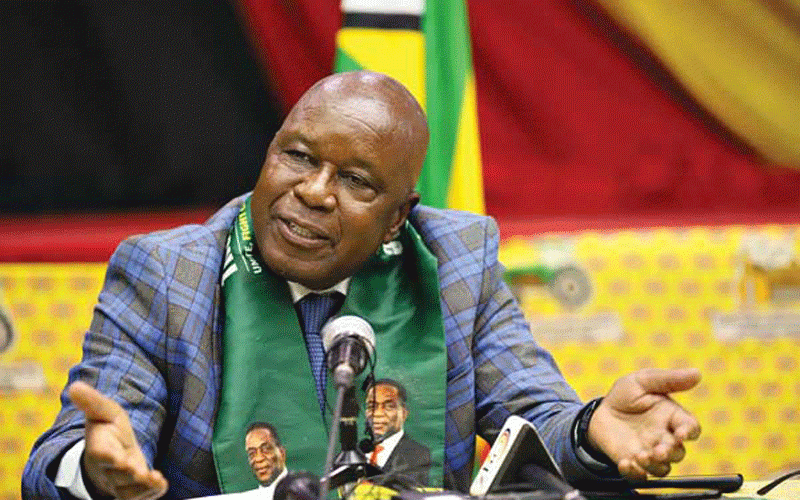Source: Tobacco workers in limbo –Newsday Zimbabwe

Some seasonal workers at MTC Mvurwi depot situated about 100 kilometres east of Harare also said the company had not been remitting their contributions to NSSA despite making deductions on their salaries.
Non- remittance of pension funds deducted by some of Zimbabwe’s top tobacco producers has left workers in limbo amid suspicion of tax evasion, investigations have revealed.
Fifty-three-year-old Donald Makumbirofa of Chikangwe high density suburb in Karoi is one of those affected by the injustice.
A father of five, Makumbirofa was in agony when he handed a worn out payslip dated May 31 2013.
It exposed the frustration caused by the Mashonaland Tobacco Company (MTC) contract farming floors in Karoi.
‘‘I have not received any positive response to secure compensation from the National Social Security Authority (NSSA) after I was laid off on medical grounds in 2021,’’ said Makumbirofa.
The payslip shows a basic salary for 162 hours pegged at US$232.00, an additional US$92.22 for overtime, and US$25.78 for public holidays.
Deductions included pay as you earn of US$16.03, Aids levy (US$4.32), NSSA (US$6.00), NEC (US$1.62) and union fees of US$5.67.
His net salary was US$313.43.
Makumbirofa’s residence is a dilapidated three-roomed house with old plastics covering broken window panes.
‘‘I can’t afford to buy any window pane for this house. My health is worst affected during winter,’’ he said.
Makumbirofa left employment at the height of the Covid-19 pandemic in 2021.
‘‘Since 2020, I was assigned to fumigate the premises including warehouses and offices,” Makumbirofa said.
“I was working from around 6 in the morning until 6 PM daily. I used a 16-litre knapsack for fumigation.”
His problems started two years ago after an accident at work and could not access his medical insurance.
‘‘I was contracted as a general hand since 2013 but was terminated in 2021 on medical grounds,” Makumbirofa said.
“On 17 May 2021, I fell down and suffered backache injuries.
“The doctors gave me three days off with medication, but it went on for three months until the contract was terminated.
“I submitted all my medical reports to my supervisors including Jamitas Kwanisai, the workers’ committee chairperson.”
Since then, he has not received an compensation from NSSA, who do not have any documentation of his illness from the company.
According to Makumbirofa, Kwanisai did not offer him any help.
Kwanisai refused to comment on the matter saying he was not allowed to speak to the media.
Several workers at MTC’s Karoi depot said they have not been able to get their money from NSSA because the company had not been remitting the funds to the public pension scheme.
‘‘Personally, I went to NSSA offices on several occasions and I was told that MTC has not remitted anything on our behalf as required by the law.
“I have my NSSA number on my pay slips since 2014, but there is no confirmation of my contributions,’’ said a Karoi seasonal general hand worker on condition of anonymity.
Some seasonal workers at MTC Mvurwi depot situated about 100 kilometres east of Harare also said the company had not been remitting their contributions to NSSA despite making deductions on their salaries.
‘‘We have raised the NSSA issue with management including the human resources department, but they have not been forthcoming,” said a female employee.
“It is a sensitive matter. NSSA deductions are done monthly but no official communication and confirmation out of it.”
MTC iss a subsidiary of Alliance One International, Inc, “leading independent leaf tobacco merchant serving the world’s cigarette manufacturers”, according to its company profile.
It was formed on May 13, 2005 after the merger of DIMON Incorporated and Standard Commercial Corporation, Alliance.
MTC financial director Walker Jabulani Ntini on July 7 said he will respond to questions sent to him on July 7, but has not done so.
Alex Tait, the firm’s MD, did not respond to an email sent to him on July 14.
MTC is among the few companies that export the golden leaf from Zimbabwe.
Zimbabwe Coalition of Debt and Development (ZIMCODD) economist Bravo Sibanda said tobacco is helping boost the country’s economy.
‘‘On average, tobacco contributes USD$1 billion annually. Using the 2022 GDP estimated at USD$19billion by the Zimbabwe Statistics Agency (ZimStat), it means tobacco alone contributed 5% to national GDP,’’ Sibanda said.
According to the National Employment Council (tobacco) chairperson, Tichaona Zimhondi, at least 11 520 tobacco workers are employed during the peak days.
‘‘Eighty per cent of the employees are on seasonal contracts of employment while 20% are on contracts of employment without limitation of time,” he said.
Zimhondi said in an email: “The Labour Act recognizes that a contract of employment can be verbal (Ref section 12(1)) and that the absence of a written contract of employment does not take away the employees’ rights enshrined in the Zimbabwe constitution, Labour Act and the industry Collective Bargaining Agreement that provides for the minimum conditions of service for employees in the industry which includes contracts of employment and compliance with the minimum wage set at the NEC or by the Minister”.
He added that they received numerous disputes and complaints from employees which needed hearings and determinations.
‘‘Such determinations are binding on both the employer and the employee unless set aside by a court,’’ said Zimhondi.
NSSA, deputy director of marketing and communication, Tendai Mutseyekwa, said social security is a human right in line with the 1948 Universal Declaration on Human Rights, and enshrined in a range of treaties and constitutions.
‘‘Issues of Error, Evasion and Fraud (EEF) affect social security and tax authorities the world over. As NSSA, various measures to mitigate against these risks have been put in place and these have helped to a greater extent to address the challenge,” Mutseyekwa added. These steps include educating employers and employees on the need to submit remittances on time and carrying out onsite and offsite inspections through NSSA inspectors.
According to NSSA, compliant companies are issued with a clearance certificate, which is a prerequisite for tending and licensing purposes.
Despite the concerns raised by the Karoi workers, MTC has an operating license.
Mutseyekwa said NSSA places “great importance” on compliance, “not only limited to the payment of contributions but also to the submission of monthly returns”. NSSA works in collaboration with other statutory bodies, licensing authorities and employer organizations in enforcing adherence to the legal provisions.
‘‘As part of enforcement mechanism, employees now have a legal obligation to regularly check the status of their contributions and membership record to avoid surprises at the time of claiming benefits,: he said in a written response.
“In dealing with fraudulent activities and forms of noncompliance, NSSA employs inspectors who have statutory powers of inspection and inquiry to enforce compliance to ensure compliance by employers, employees, and other persons with the provisions of the scheme in relation to registration of members, collection of contributions and premiums. Inspection audits to prevent error, fraud, evasion and to institute legal recovery options.”
A Policy Digest of February 2023 titled ‘Evaluating The Role of The Tobacco Value Chain Transformation Plan In Promoting Trade Justice’ found that Zimbabwe is the largest grower of tobacco in Africa and the sixth largest grower in the world after China, Brazil, India, United State of America and Indonesia.
The document exclusively availed as part of the Illicit Financial Flows in Africa investigation reveals that the tobacco industry is valued at over US$ 1 billion with an ambitious growth anticipation of US$4 billion by 2025 thereby making it a US$ 5 billion industry.
Zimbabwe tobacco market fluctuates between US$700 million and US$1 billion despite being the largest producer of tobacco in Africa.
The policy digest report found that, ‘‘the mismatch between tobacco production and attracted revenue attests to the global trade injustice in the tobacco sector.”
It highlighted typical patterns including trade mis-invoicing and colluding of export firms to charge a specified export price.
‘‘The foreign currency retention policy and capital controls by the Zimbabwean government serve as strong incentives for exporters to find ways of keeping as much foreign currency out of the country as possible,’’ said report.
According to the report, a research conducted in 2020 established that there is clear evidence of coordinated trade ‘under invoicing’ in the exports of chrome, platinum, and tobacco in Zimbabwe, finding that “Trade mis invoicing is harder to detect and track when all exporters collude to ensure that regulators do not pick up on the difference between the declared export price and the actual price received from the export market.”
To demonstrate how trade ‘mis-invoicing’ can be suspected, the research showed that while China reported to the UN’s Comtrade that it imported 55 million kgs of tobacco from Zimbabwe in 2019 at an average price of US$9.06 per kg with a total cost of US$ 498.3 million. In contrast, in the same year Zimbabwe reported that it only exported 4.8 million kgs to China at an average price of US$ 7.46 with a total price of US$ 35. 8 million and exported 141 million kgs to South Africa at an average price of US$5.34 per kg valued at US$ 752.9 million.
“This exposes under-pricing of exports, whereby the tobacco, which is being directly exported to China at a market price of US$ 9.06 per kg is purported to be exported to a South African middleman, who receives the payment from China, retains a significant amount in South Africa, and remits a smaller amount to Zimbabwe at US$ 5.34 kg as the export price. “This undermines national revenue generation that is essential for national building,’’ says the paper.
While only a limited number of cases make it to the courts, the incentive for illegal practices remains high.
According to the Maverick Citizens Report on Cartel Power Dynamics in Zimbabwe in 2021, “the financial reward for not paying the sin tax on cigarettes is very attractive. This is because cigarette cartels benefit from tax evasion because cigarette smuggling cartels are enticed by the economic benefits and rents that emanates from tax evasion. Cartels attain illicit reimbursements on excise duty,’’ says the paper.
A senior tobacco buyer with a leading tobacco merchant who has over 25 years of experience in the industry refuted allegations that the issue of tobacco under invoicing has been outrageous.
‘‘First and foremost, the fundamental rule of client confidentiality stating that sales contracts and related information cannot be shared with a third party without the consent of the client or a legal reason applies and it is enforced by means of a binding Non-Disclosure Agreement. Therefore, any suggestions that there is under invoicing are based on mere speculation and not facts.”
He continued, “Secondly, the biggest off-taker of Zimbabwean tobacco is China and I believe the trade is protected under a bilateral agreement.
“The Chinese government would not allow tobacco companies to prejudice the government by allowing under invoicing. All the big companies remit taxes,’’ he added in a written response.
Brian Kaswaurere, director of Sunrise Tobacco based in Harare said the issue of prices is a confidential matter between exporters and their customers.
“Tobacco sales are presided over by very few and senior executives and directors, beyond them there’s not enough detail to speak authoritatively. A lot of what people say is speculation and conjecture. Information on prices is not readily accessible and those who have it will never divulge it needlessly,’’ Kaswaurere said.
The Zimbabwe Anti-Corruption Commission chairperson, Justice Loice Matanda Moyo is on record that illicit financial flows were among the greatest threats that Zimbabwe was facing as a country.
She said the Commission’s Strategic Plan for 2019-2024 had allocated 60 percent of its resources to investigation and asset recovery.
Yet for many like Makumbirofa, non-confirmation of his NSSA and other taxes remains a challenge for him, a former seasonal worker now in need of assistance, but unable to access the funds he believes his former employment entitles him to.
- “This story was written as part of Wealth of Nations, a media skills development programme run by the Thomson Reuters Foundation.
- More information at www.wealth-of-nations.org. The content is the sole responsibility of the author and the publisher.”

![]()



